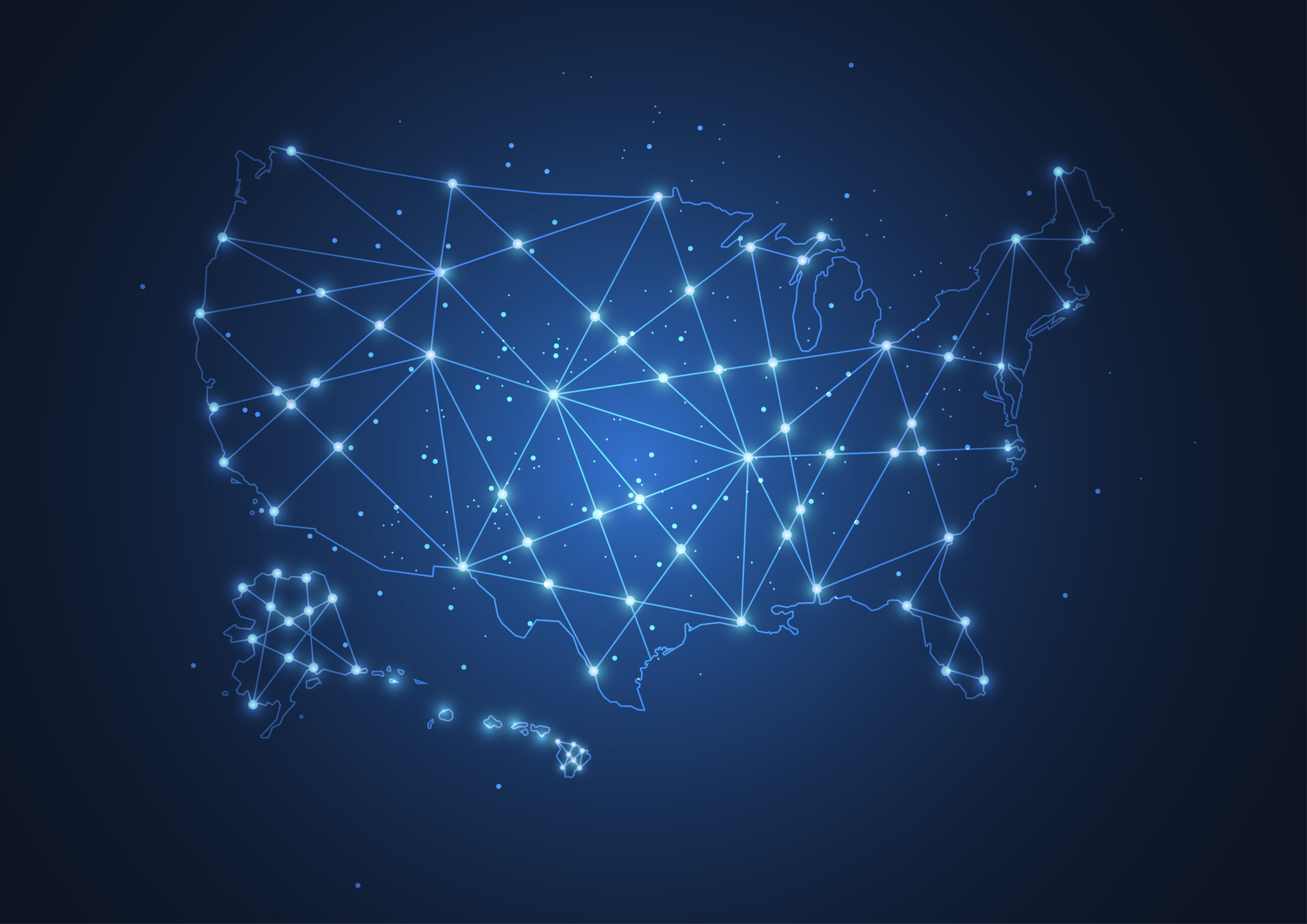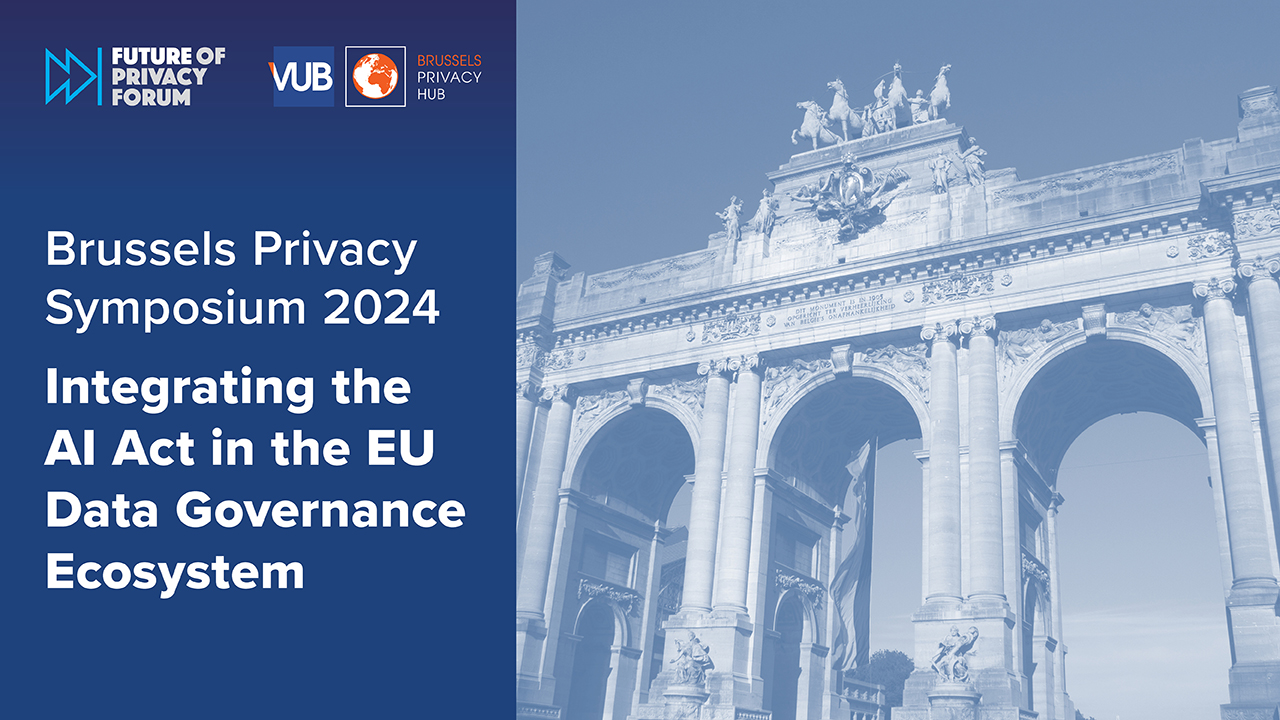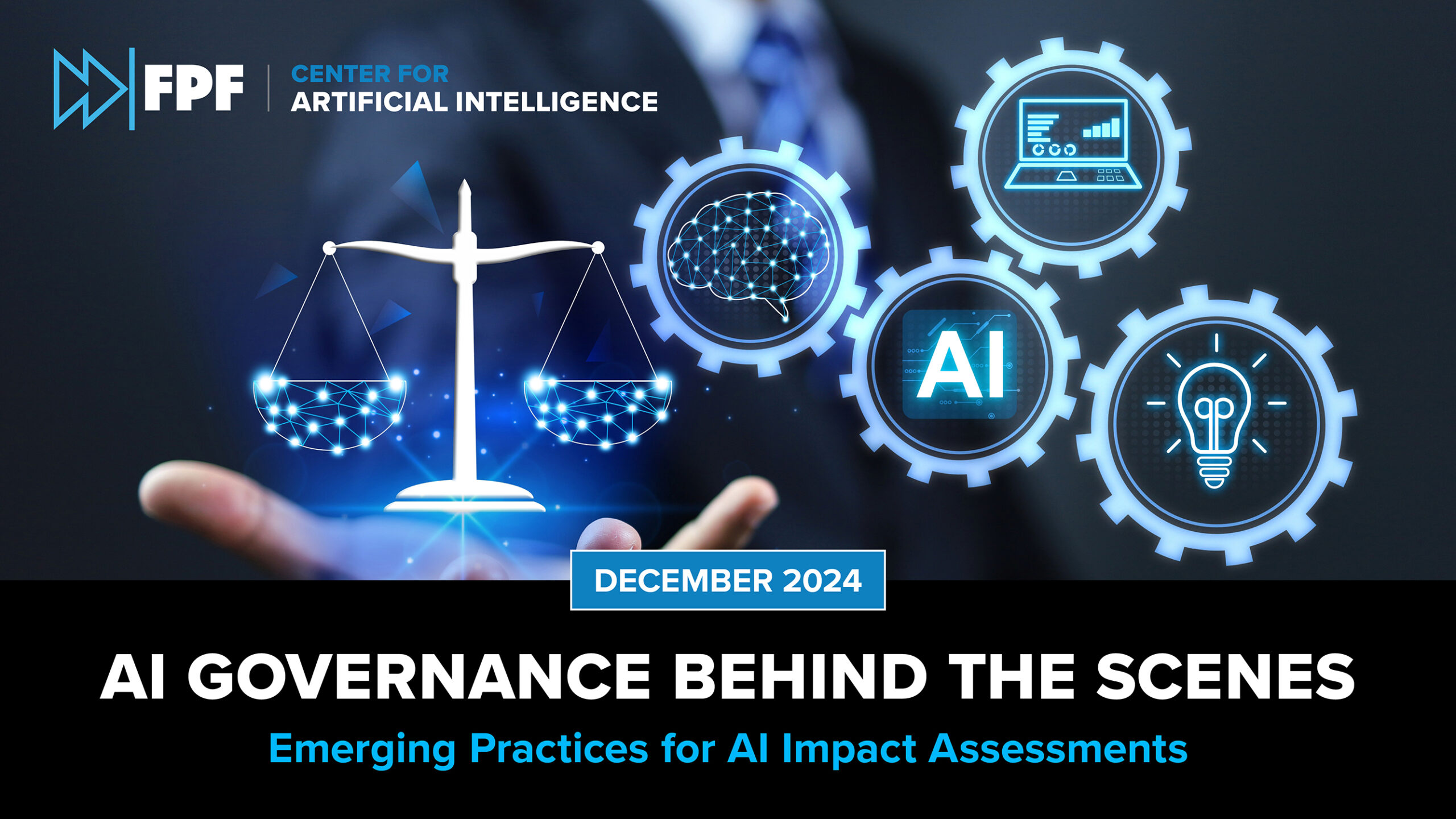
OAIC’s Dual AI Guidelines Set New Standards for Privacy Protection in Australia
On 21 October 2024, the Office of the Australian Privacy Commissioner (OAIC) released two sets of guidelines (collectively, “Guidelines”), one for developing and training generative AI systems and the other one for deploying commercially available “AI products”. This marks a shift in OAIC’s regulatory approach from enforcement-focused oversight to proactive guidance. The Guidelines establish rigorous […]

Insights from the Second Japan Privacy Symposium: Global Data Protection Authorities Discuss Their 2025 Priorities, from AI, to Cross-Regulatory Collaboration
The Future of Privacy Forum (FPF) hosted the Second Japan Privacy Symposium (Symposium) in Tokyo on November 15, 2024. The Symposium brought together leading data protection authorities (DPAs) from around the world to discuss pressing issues in privacy and data governance. The Symposium featured in-depth discussions on international collaboration, artificial intelligence (AI) governance, and the […]

Five Big Questions (and Zero Predictions) for the U.S. State Privacy Landscape in 2025
In the enduring absence of a comprehensive national framework governing the collection, use, and transfer of personal data, state-level activity on privacy legislation has been on a consistent upward trend since the enactment of the California Consumer Privacy Act in 2018. With all 50 U.S. states scheduled to be in session in 2025, stakeholders are […]

Brussels Privacy Symposium Report 2024
This year’s Brussels Privacy Symposium, held on 8 October 2024, convened global stakeholders from across Europe and beyond for in-depth discussions on the EU AI Act in the context of the broader EU digital ecosystem. Co-organized jointly by the Future of Privacy Forum and the Brussels Privacy Hub of the Vrije Universiteit Brussel, the eighth […]

Future of Privacy Forum Publishes Report Exploring Organizations’ Emerging Practices and Challenges Assessing AI Risks
As AI models and systems become more widespread and powerful, FPF’s report finds many organizations are taking a four-step approach to managing potential risks With growing focus from policymakers and regulators on the impact of artificial intelligence (AI) systems, and as organizations strive to responsibly use AI systems, organizations are increasingly embracing AI impact assessments […]

FPF Launches New Privacy-Enhancing Technologies Repository
For some time now, stakeholders at the intersection of data, privacy, and new technologies have increasingly recognized the potential of a range of technical and computational approaches and techniques to mitigate privacy risks. This set of tools and methods are otherwise known as privacy-enhancing technologies (PETs) and are understood as a group of techniques that […]

FPF Unveils Report on the Anatomy of State Comprehensive Privacy Law
Today, the Future of Privacy Forum (FPF) launched a new report—Anatomy of State Comprehensive Privacy Law: Surveying the State Privacy Law Landscape and Recent Legislative Trends. By distilling this broad landscape to identify the “anatomy” of state comprehensive privacy law, this report highlights the strong commonalities and the nuanced differences between the various laws, showing […]

The African Union’s Continental AI Strategy: Data Protection and Governance Laws Set to Play a Key Role in AI Regulation
By Chuma Akana, Former FPF Global Privacy Summer Fellow and Mercy King’ori, FPF Policy Analyst, Global Privacy The African Union (AU) Executive Council, composed of representatives of the 55 African Member States, approved the highly anticipated AU AI Continental Strategy (the Strategy) in July 2024. The adoption of the Strategy follows a period of stakeholder […]

U.S. Legislative Trends in AI-Generated Content: 2024 and Beyond
Standing in front of the U.S. flag and dressed as Uncle Sam, Taylor Swift proudly proclaims that you should vote for Joe Biden for President. She then wants you to vote for Donald Trump in a nearly identical image circulated by former President Trump himself. Both the images, and the purported sentiments, are fabricated, the […]

Processing of Personal Data for AI Training in Brazil: Takeaways from ANPD’s Preliminary Decisions in the Meta Case
Data Protection Authorities (DPAs) across the globe are currently wrestling with fundamental questions raised by the emergence of generative AI and its compatibility with data protection laws. A key issue is under which legal basis companies might be able to process personal data for training AI models. Another one is how the rights of individuals […]
